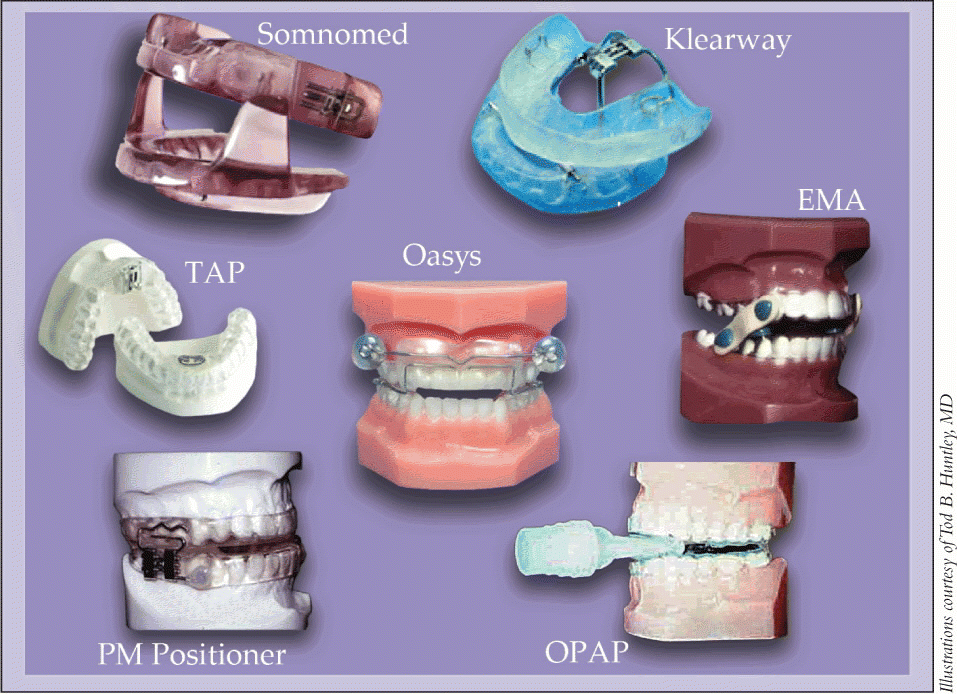SAN DIEGO-For patients who undergo surgery for obstructive sleep apnea, failure of surgery to achieve success presents a number of challenges to otolaryngologists. First and foremost is the challenge of correctly assessing the outcome of surgery followed by the need to choose additional therapy tailored to the particular needs of each patient.
Explore This Issue
November 2009In a miniseminar titled What to Do After Unsuccessful Sleep Apnea Surgery?, experts took on this challenge and highlighted key issues for otolaryngologists who grapple with the often difficult task of caring for patients with persistent sleep apnea after surgery.
Evaluating Surgical Outcome
For Samuel A. Mickelson, MD, an otolaryngologist at the Atlanta Snoring and Sleep Disorders Institute, the easiest measure of success for patients treated for obstructive sleep apnea, similar to all diseases, is whether the patient feels better and the symptoms have been relieved.
Improving quality of life, however, is only half the story. Survival outcomes make up the other half. The real question is how we define success for longevity, he said, adding that there still is no test that will predict how long a person will live or, more important, who will die of sleep apnea.

As such, even if the patient feels better after apnea surgery, evaluation of the success or failure of sleep apnea surgery requires a follow-up postoperative sleep study to measure respiratory disturbance index (RDI) and apnea-hypopnea index (AHI)-the best measures currently available to measure indices of mortality risk.
To increase the accuracy of these measurements to predict survival outcomes requires comparing postoperative measurements with preoperative measurements, emphasized Dr. Mickelson, who highlighted the problems with obtaining an accurate measurement given that the measurements vary from night to night depending on a number of factors, including sleep position and degree of REM and NREM sleep.
Comparing pre- and postoperative sleep study measurements can help identify whether the AHI or RDI actually goes up or down, given these variations, he said.
What these measures say about surgical outcomes, however, remains uncertain. There is no set criterion that adequately defines success or failure, said Edward M. Weaver, MD, MPH, Chief of Sleep Surgery and Associate Professor of Otolaryngology-Head and Neck Surgery at University of Washington School of Medicine in Seattle, adding that success or failure depends on a number of factors, including the goals of the patient, baseline apnea severity, comorbidity, and whether or not alternative treatments are still available.
Leave a Reply